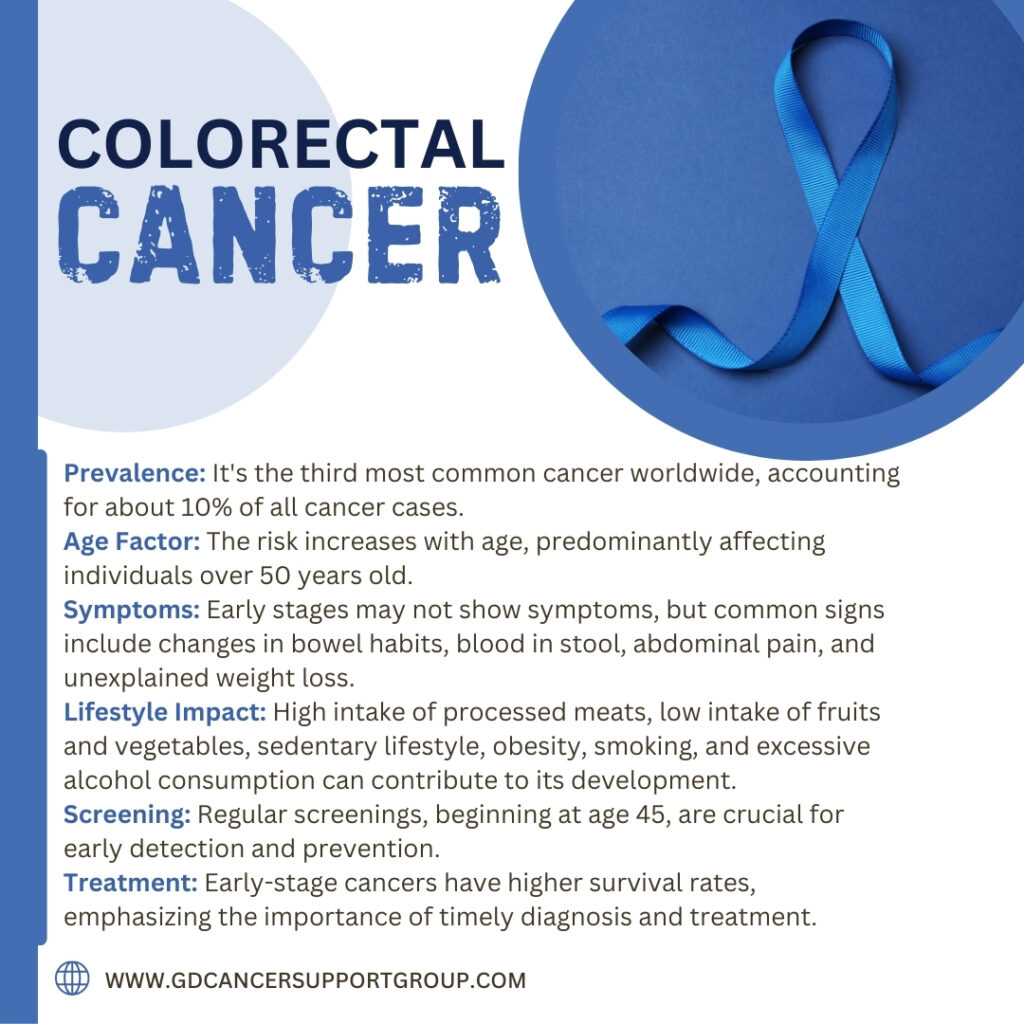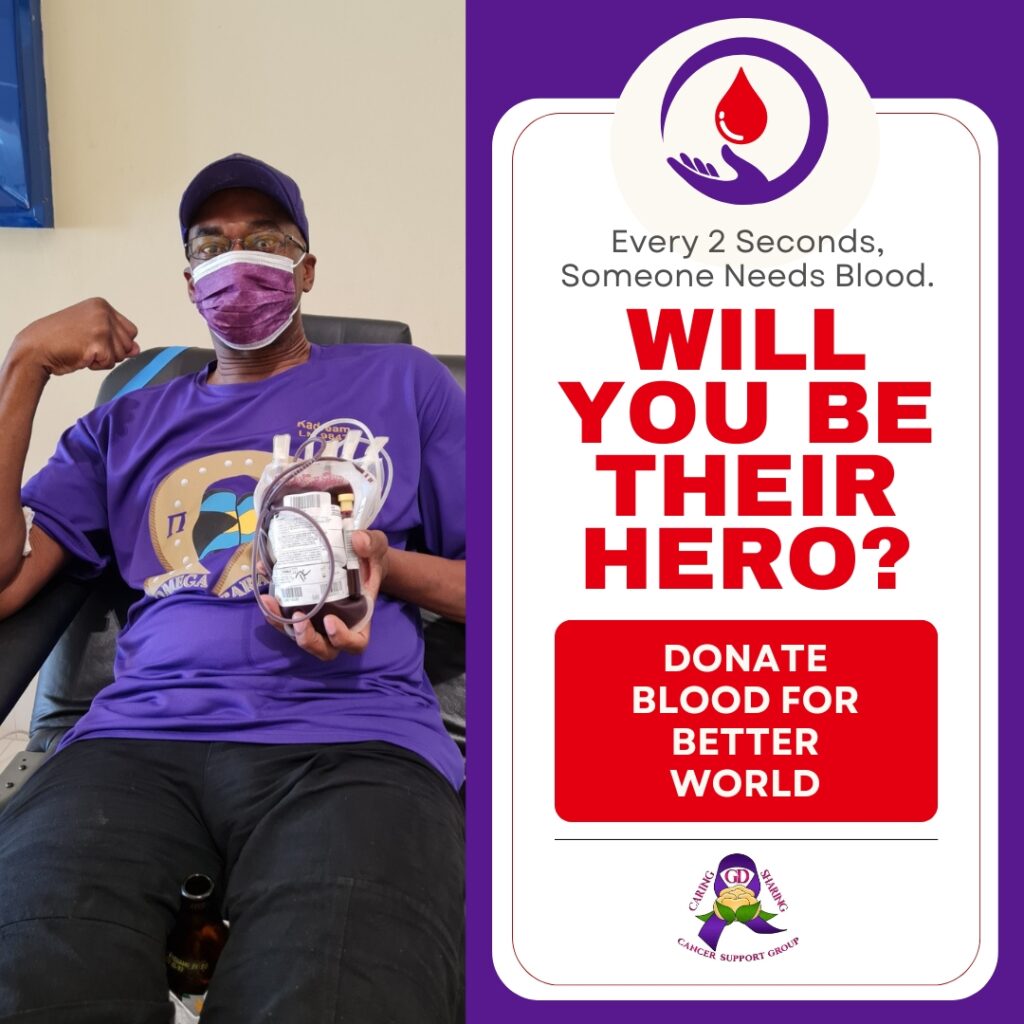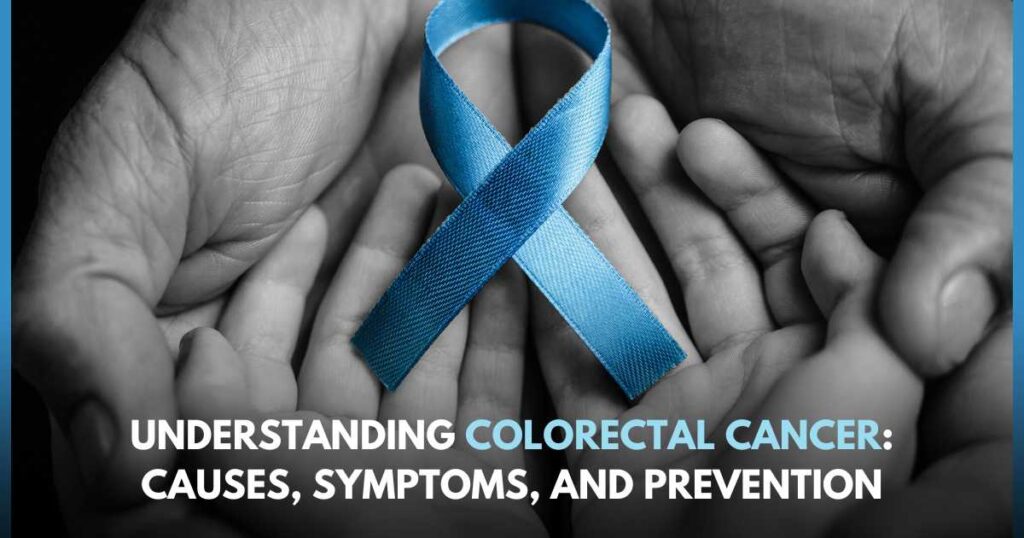Colorectal cancer is a significant health concern worldwide, affecting millions of individuals each year.
Despite advancements in screening and treatment, it remains one of the leading causes of cancer-related deaths.
In this blog, we’ll delve into the essential aspects of colorectal cancer, including its causes, symptoms, diagnosis, treatment options, and prevention strategies.
What is Colorectal Cancer?

Colorectal cancer, also known as bowel cancer or colon cancer, develops in the colon or rectum, which are parts of the large intestine. It typically begins as a polyp, a small growth on the inner lining of the colon or rectum, which can gradually develop into cancer over time.
Causes and Risk Factors:
While the exact cause of colorectal cancer is unknown, several factors may increase an individual’s risk of developing the disease. These include:
Age: Colorectal cancer is more common in individuals aged 50 and older, although it can occur at any age.
Family History: A family history of colorectal cancer or polyps increases the risk of developing the disease.
Personal History of Polyps or Inflammatory Bowel Disease: Individuals who have previously had polyps or inflammatory bowel diseases such as Crohn’s disease or ulcerative colitis are at higher risk.
Unhealthy Lifestyle: Factors such as a diet high in red or processed meats, low in fiber, lack of physical activity, obesity, smoking, and excessive alcohol consumption may increase the risk of colorectal cancer.
Signs and Symptoms:
Colorectal cancer often shows up with subtle or nonspecific symptoms, especially in the early stages. However, individuals may experience:
- Persistent changes in bowel habits (diarrhea or constipation)
- Blood in the stool or rectal bleeding
- Abdominal discomfort or pain
- Unexplained weight loss
- Fatigue or weakness
Diagnosis and Screening:
Early detection is crucial for successful treatment of colorectal cancer. Screening tests such as colonoscopies, stool tests (e.g., fecal occult blood test), sigmoidoscopies, and virtual colonoscopies can help detect colorectal cancer or precancerous polyps in their early stages when treatment is most effective.
Treatment Options:
The treatment for colorectal cancer depends on various factors, including the stage of the cancer, its location, and the individual’s overall health. Treatment options may include surgery, chemotherapy, radiation therapy, targeted therapy, immunotherapy, or a combination of these modalities.
Prevention Strategies:
While some risk factors for colorectal cancer are beyond our control, there are steps individuals can take to reduce their risk:
- Screening: Regular screening starting at age 50 (or earlier for those with risk factors) can help detect colorectal cancer in its early stages or prevent it altogether by removing precancerous polyps.
- Healthy Lifestyle Choices: Adopting a healthy lifestyle, including a diet rich in fruits, vegetables, and whole grains, regular exercise, maintaining a healthy weight, limiting alcohol consumption, and avoiding tobacco, can lower the risk of colorectal cancer.
- Know Your Family History: Understanding your family’s medical history can help determine if you are at higher risk for colorectal cancer and may prompt earlier or more frequent screening.
Colorectal cancer is a significant public health issue that requires attention and action. By understanding the risk factors, recognizing the signs and symptoms, undergoing regular screening, and adopting a healthy lifestyle, we can reduce the burden of colorectal cancer and save lives.
Together, let’s raise awareness, promote early detection, and work towards preventing colorectal cancer in our communities.

